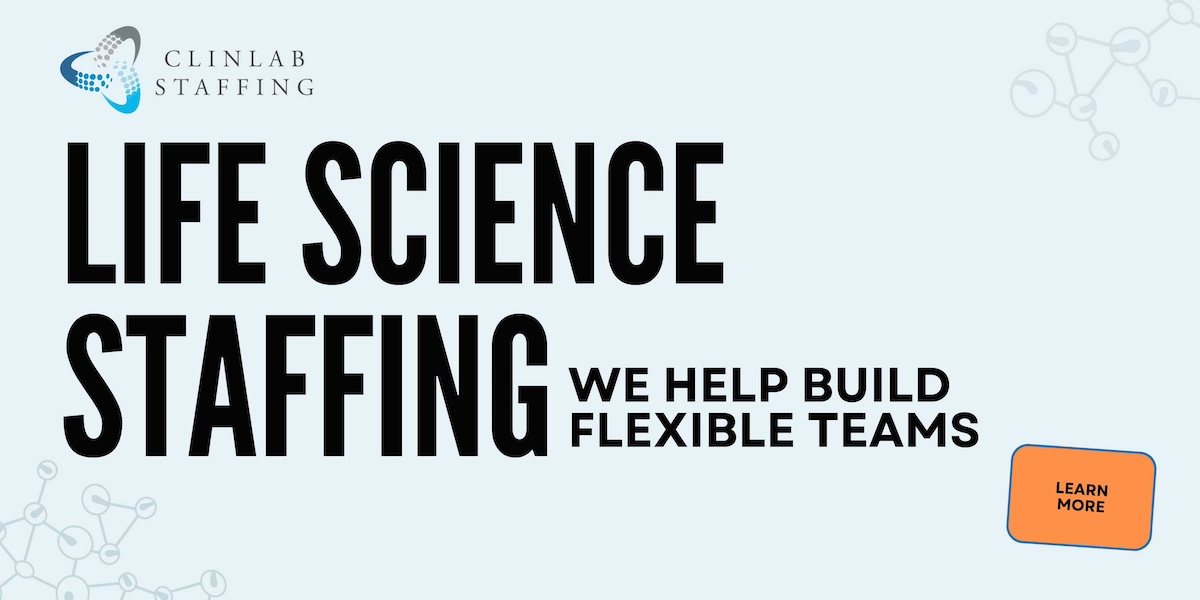In discussions with numerous Chief Scientific Officers (CSOs) in the life sciences sector, several practices consistently stand out as crucial for career success. These scientific leaders have shared what they believe they did right in their careers, as well as one significant action they recommend avoiding. Here’s a look at a few insights that stood out to us:
 1. Embracing Cross-Disciplinary Collaboration
1. Embracing Cross-Disciplinary Collaboration
One of the top practices CSOs highlight as instrumental to their success is embracing cross-disciplinary collaboration. Many leaders found that integrating perspectives from various fields—such as data science, engineering, and clinical research—accelerated innovation and project development. By building relationships with experts from other disciplines, CSOs broadened their perspectives and enhanced their impact.
2. Seeking Out and Providing Mentorship
Another crucial practice CSOs recommend is actively seeking out and offering mentorship. Having mentors to help guide them through complex decisions and career challenges is consistently useful. Additionally, providing mentorship to others helped reinforce their own knowledge and contribute to the development of future leaders. CSOs emphasize the importance of both receiving and giving guidance as a way to support personal and professional growth.
3. Building a Strong Professional Network
Building a robust professional network is another key action CSOs consider essential. Many leaders recognized that cultivating connections with peers, industry leaders, promising staffers and potential partners opened doors to new opportunities and valuable insights. By prioritizing networking, CSOs were able to enhance their collaborations and gain access to resources that supported their career advancement.
4. Advocating for Work-Life Integration
CSOs also highlight the importance of advocating for work-life integration. A more recent focus, balancing work responsibilities with personal well-being seems important for long-term productivity and job satisfaction. Leaders who made a conscious effort to maintain this balance found that it improved their overall effectiveness and satisfaction.
5. Developing Business Acumen
Developing business acumen is a practice CSOs found particularly beneficial. Understanding the business side of biotech—such as strategic planning, financial management, and market analysis—proved essential for navigating industry complexities and driving organizational growth. Investing time in acquiring these skills helped CSOs make informed decisions and contribute to their organization’s success.
One Thing to Avoid: Rushing into High-Profile Roles Prematurely
One key recommendation from CSOs is to avoid rushing into high-profile roles too soon. While these positions may be enticing, many leaders are grateful they took the time to build a solid foundation before pursuing them. Rushing into high-profile roles without sufficient experience can lead to challenges that overshadow one’s contributions.
The insights from Chief Scientific Officers offer valuable lessons for professionals in the life sciences field. Embracing cross-disciplinary collaboration, seeking and offering mentorship, building a strong network, advocating for work-life integration, and developing business acumen are key practices for career success.
Need expert help in building your scientific team? ClinLab Staffing specializes in providing top-tier scientific talent for temporary projects. Partner with ClinLab Staffing to ensure you have the right professionals to drive your projects to success. Contact us today to learn how they can help you build a high-performance team tailored to your needs.

